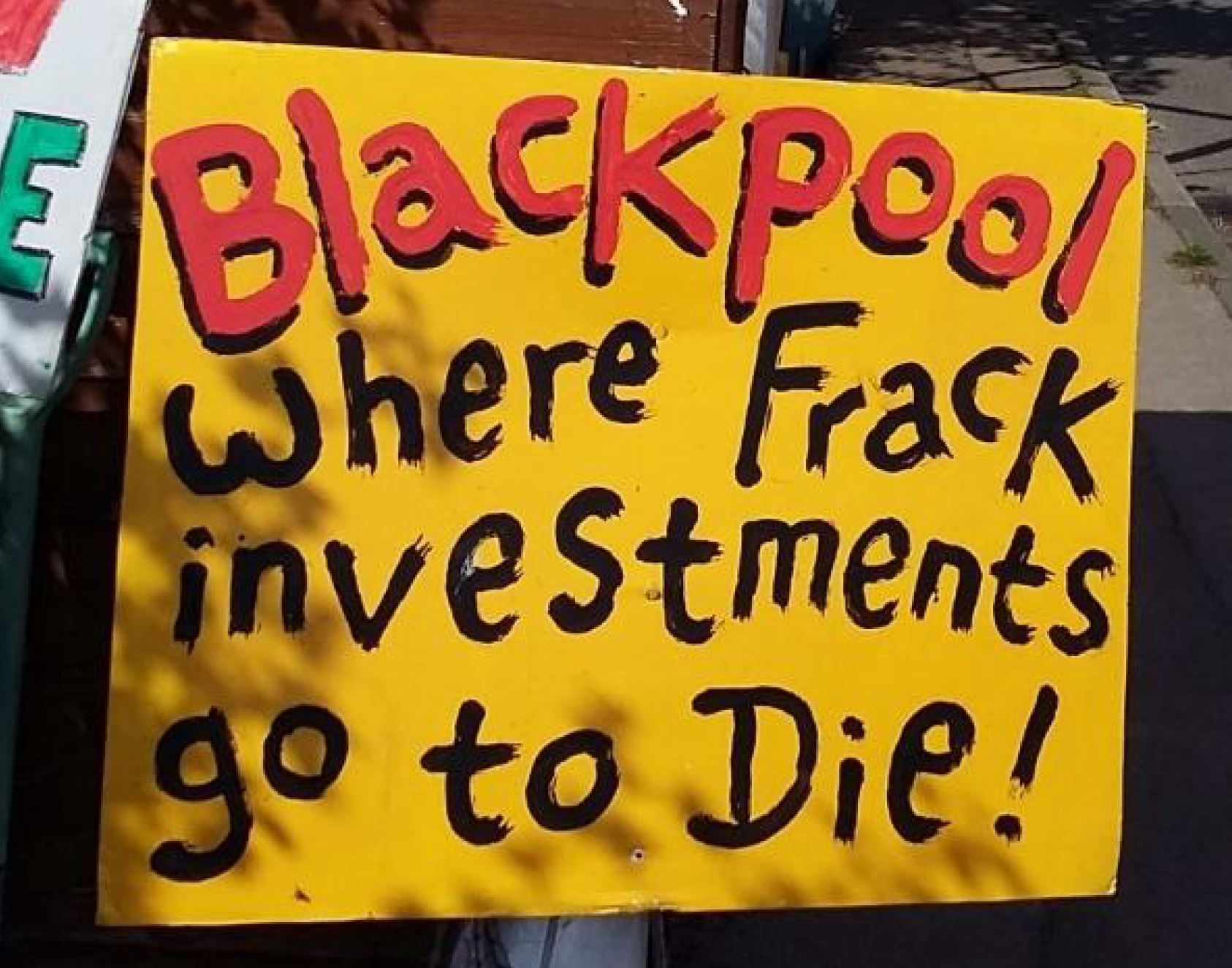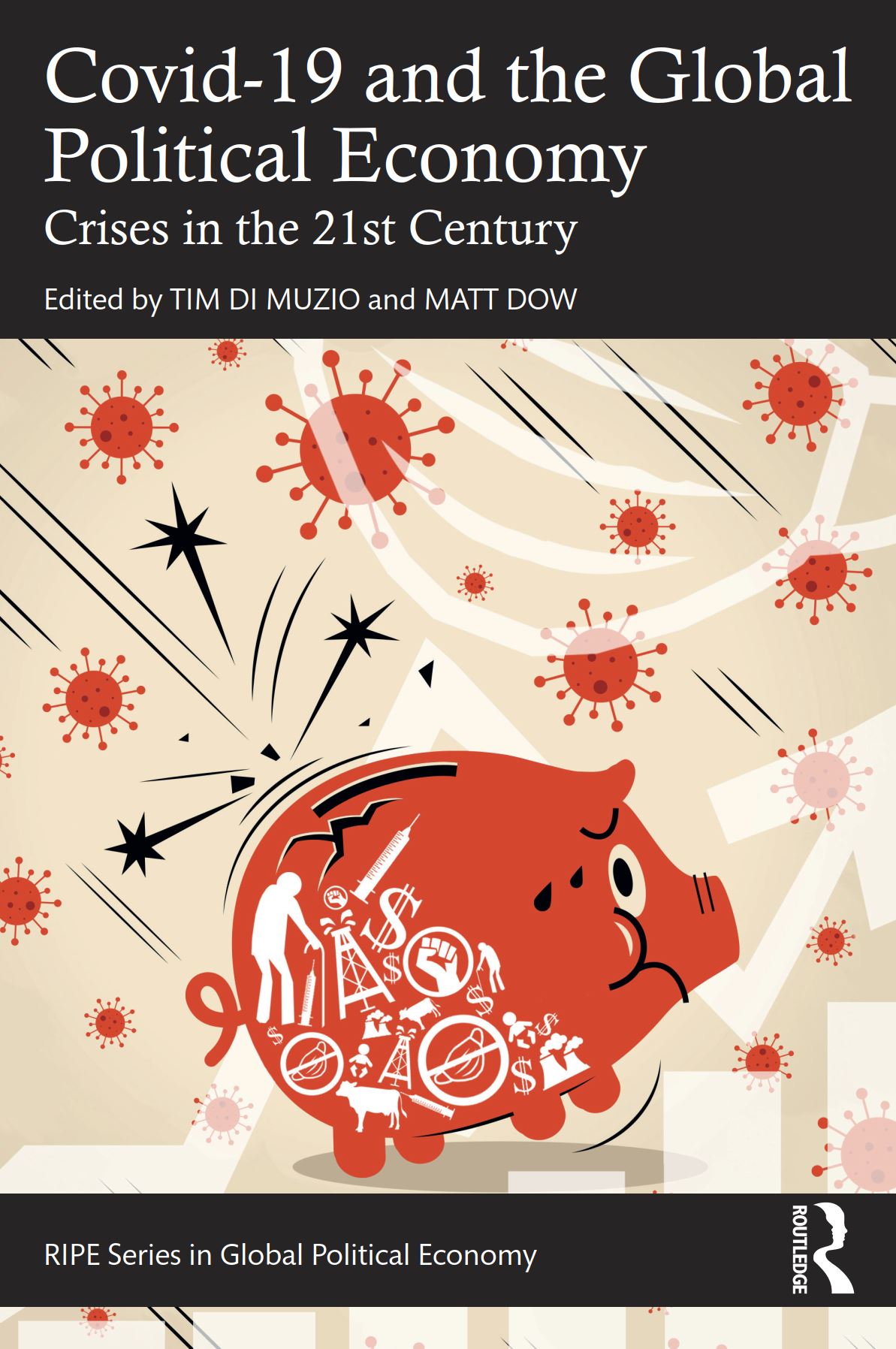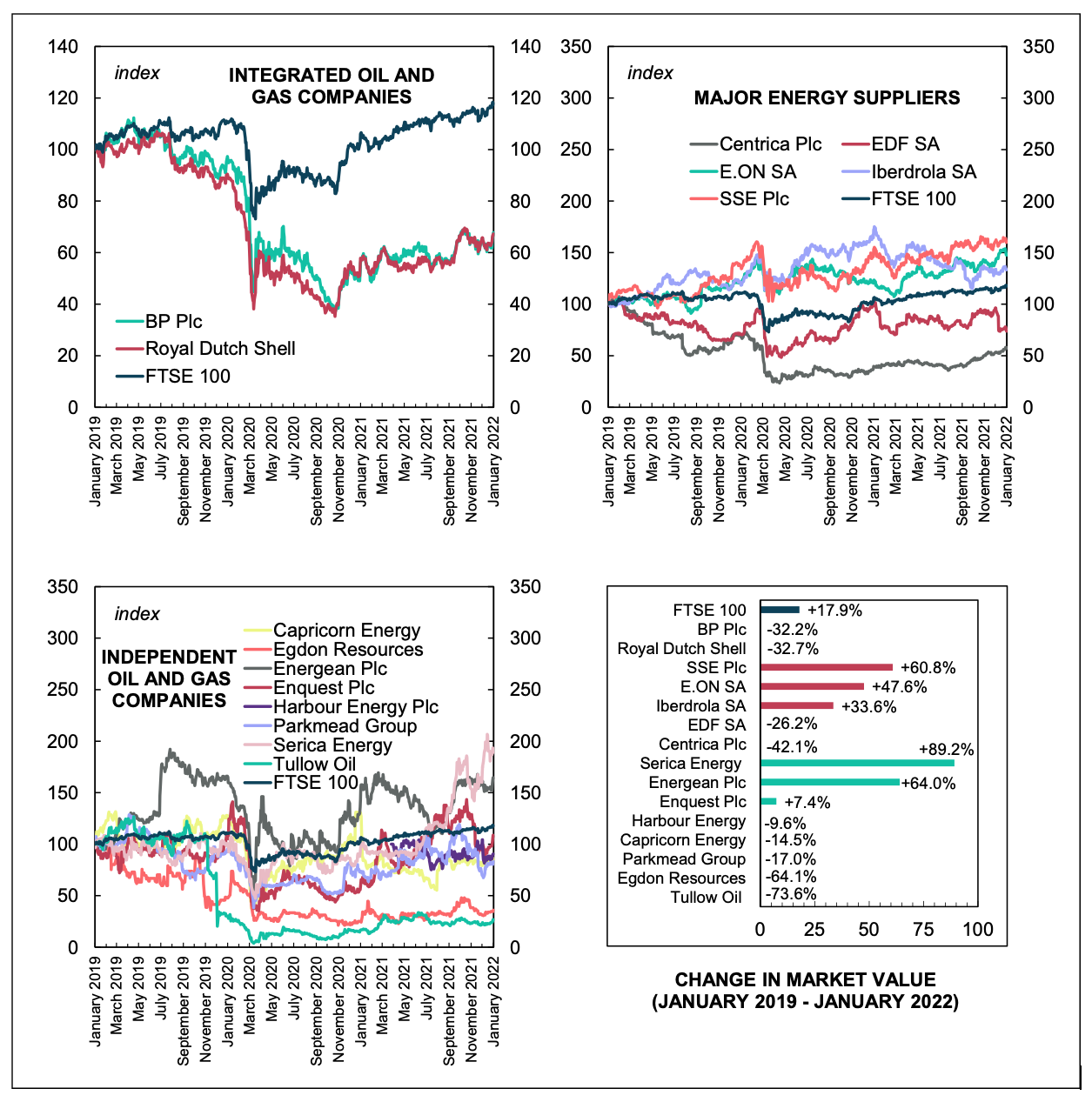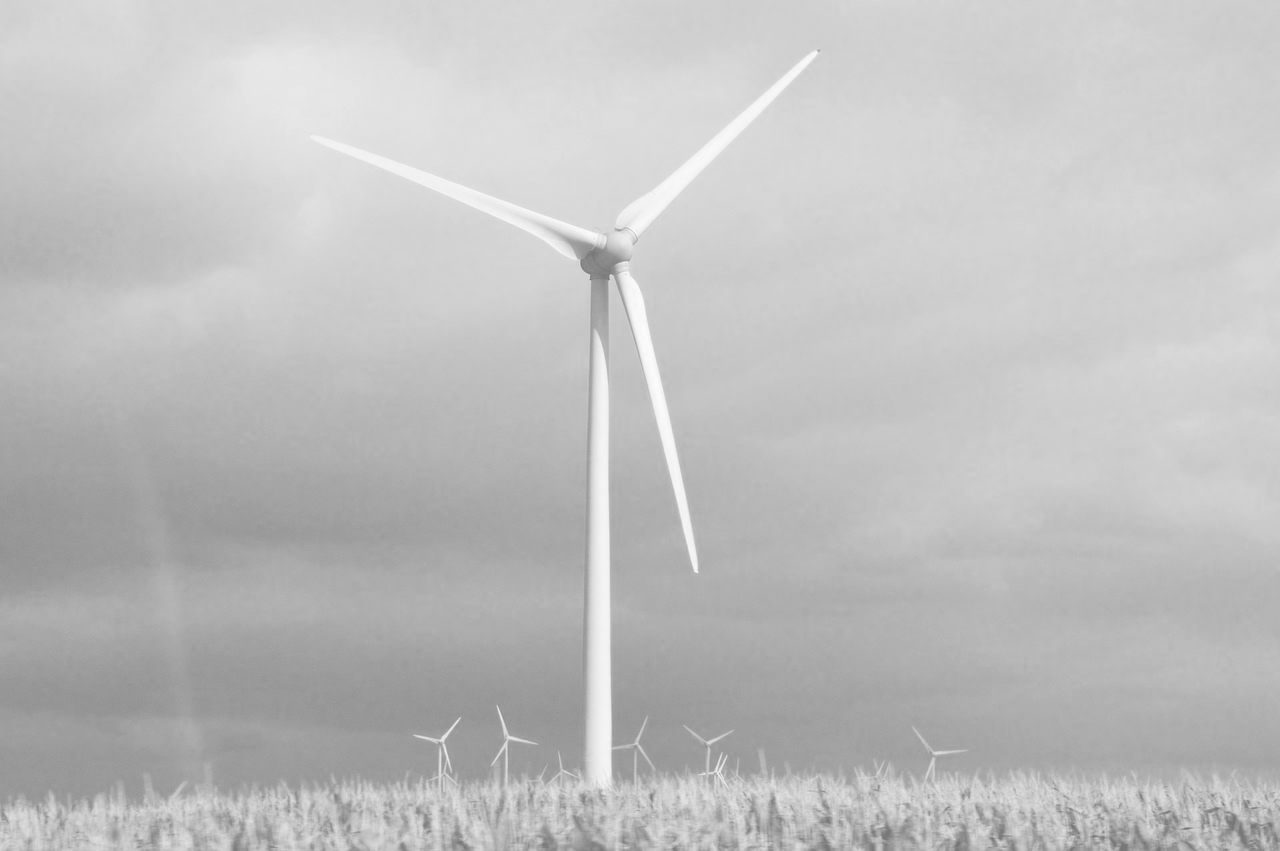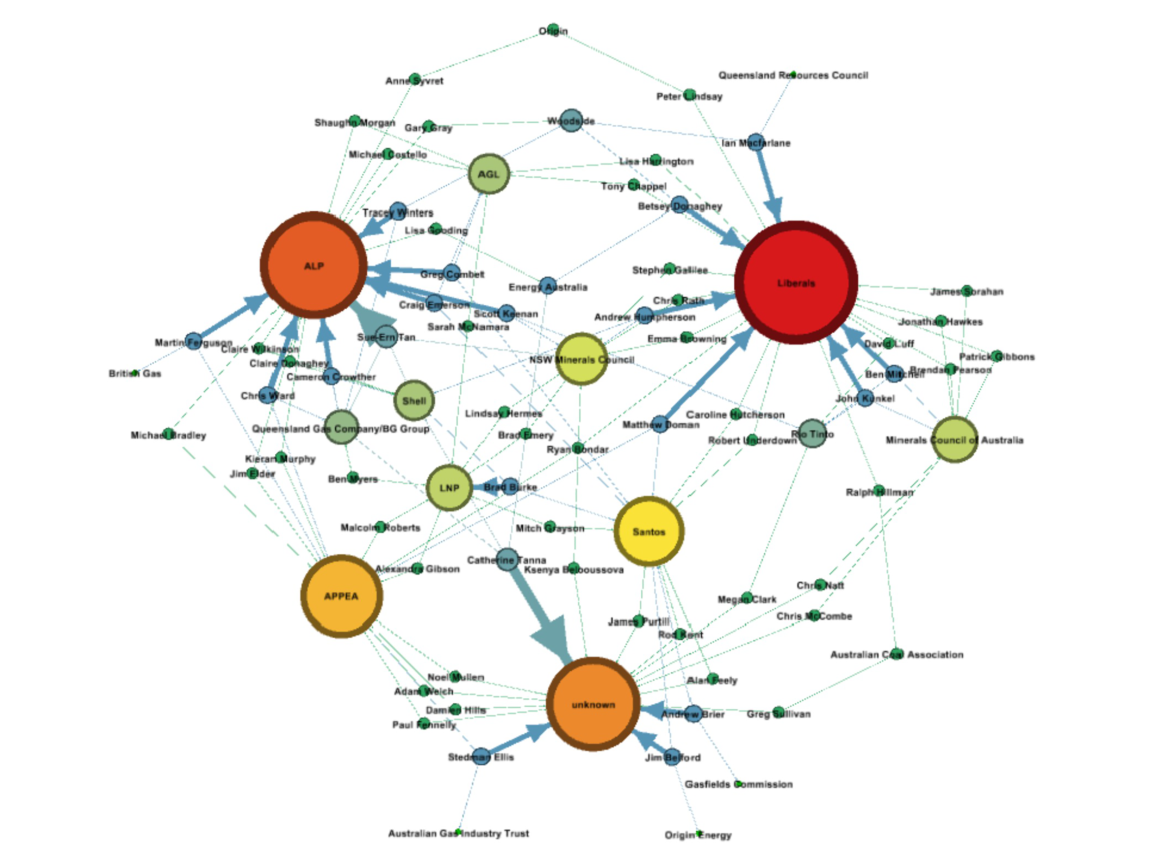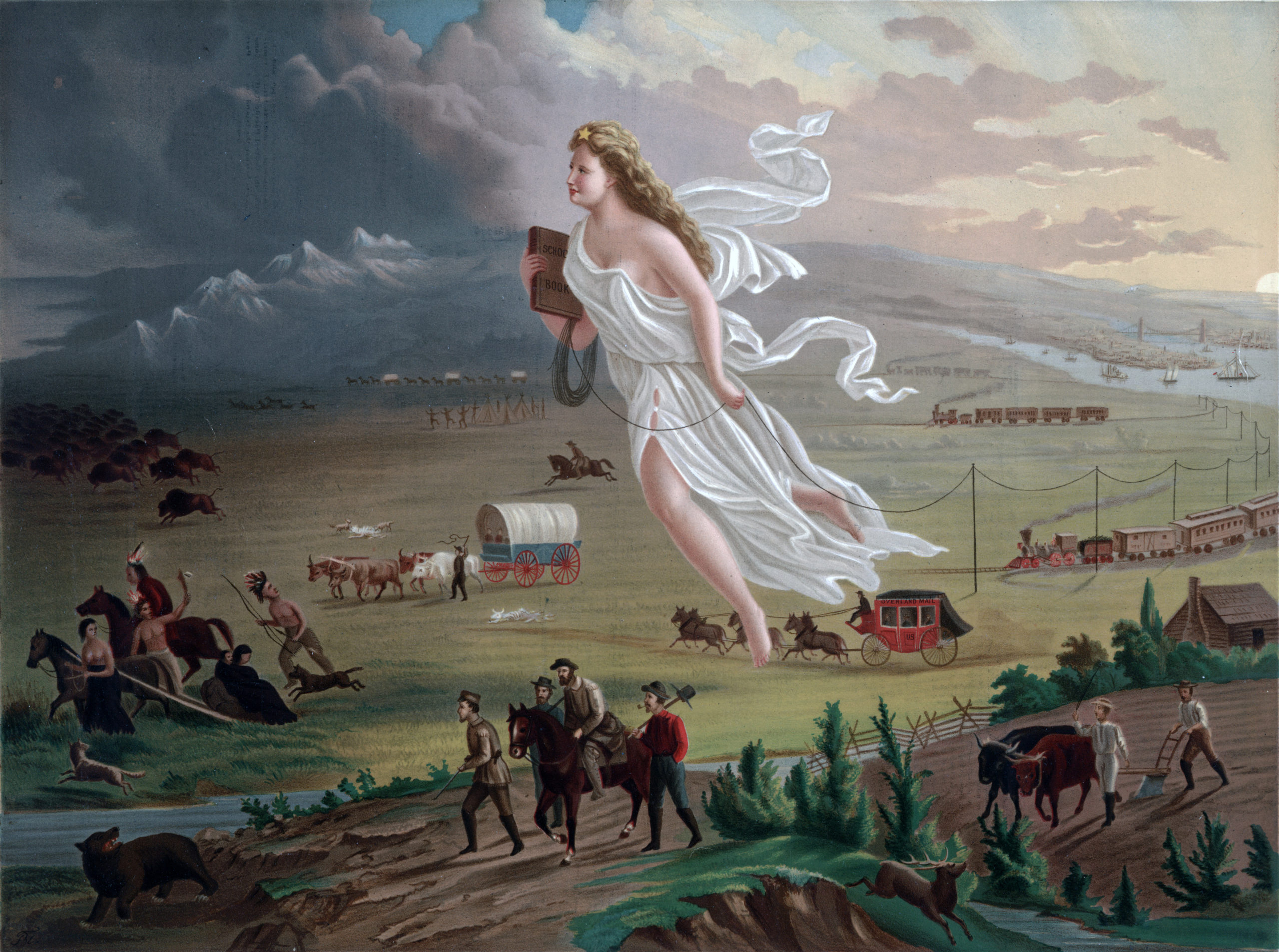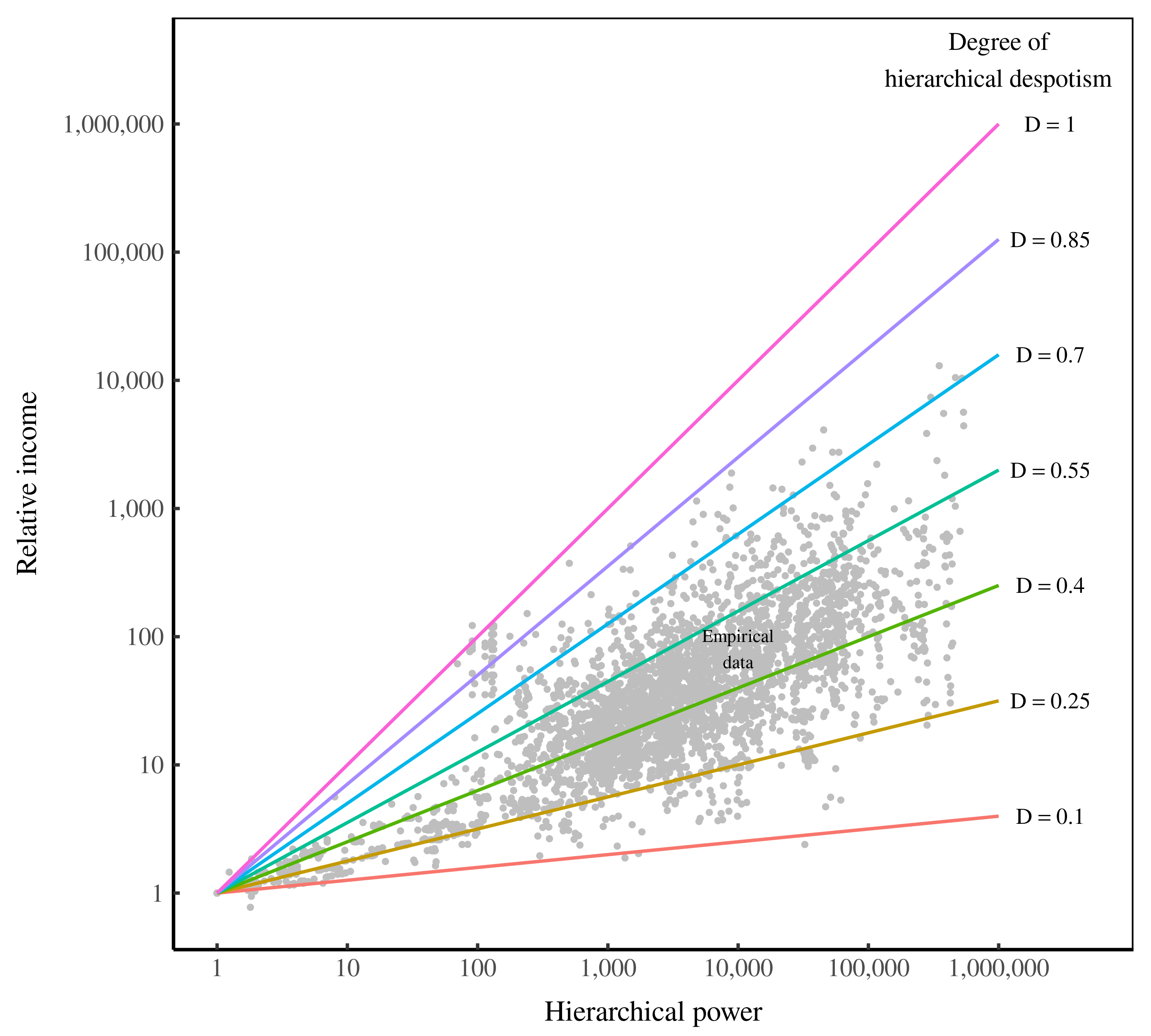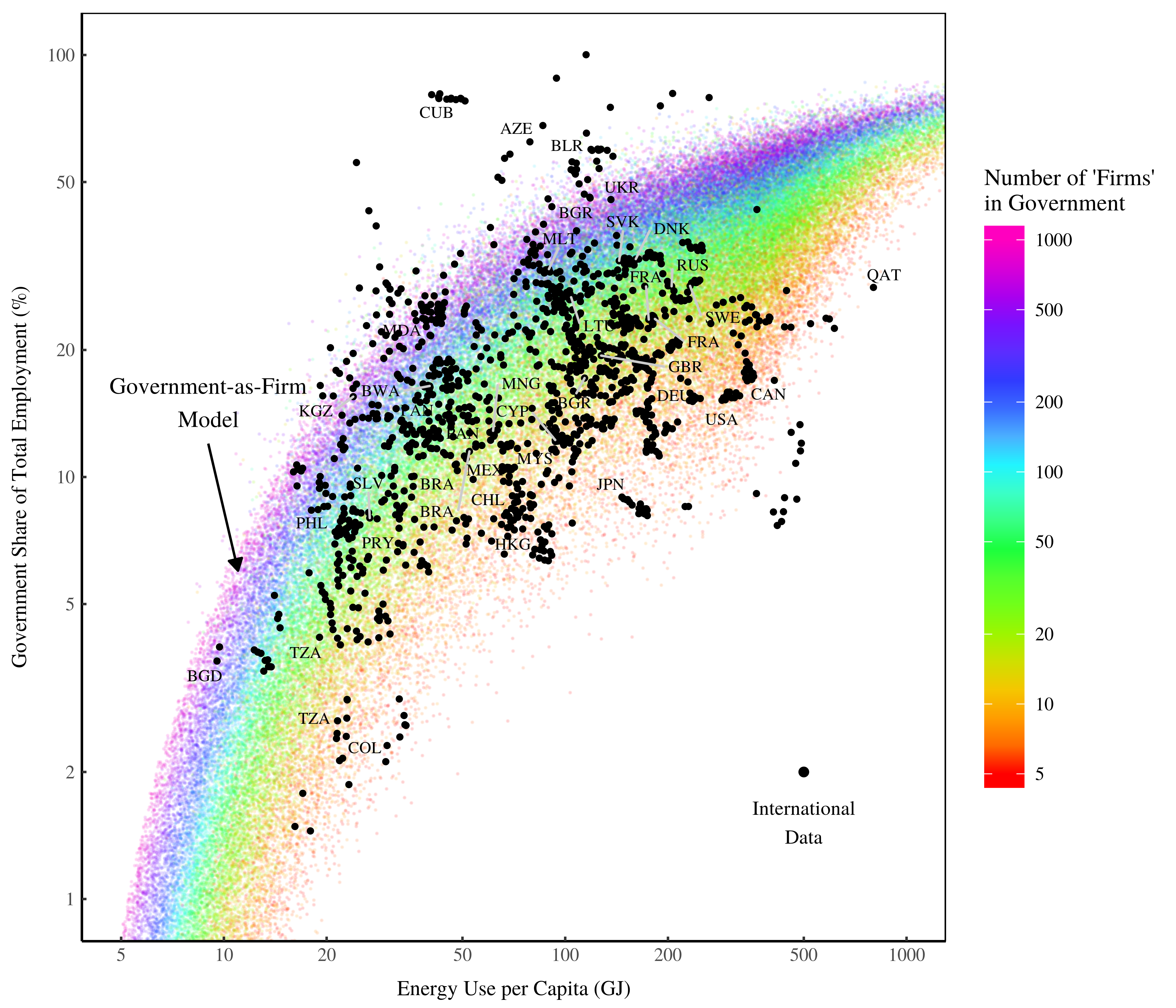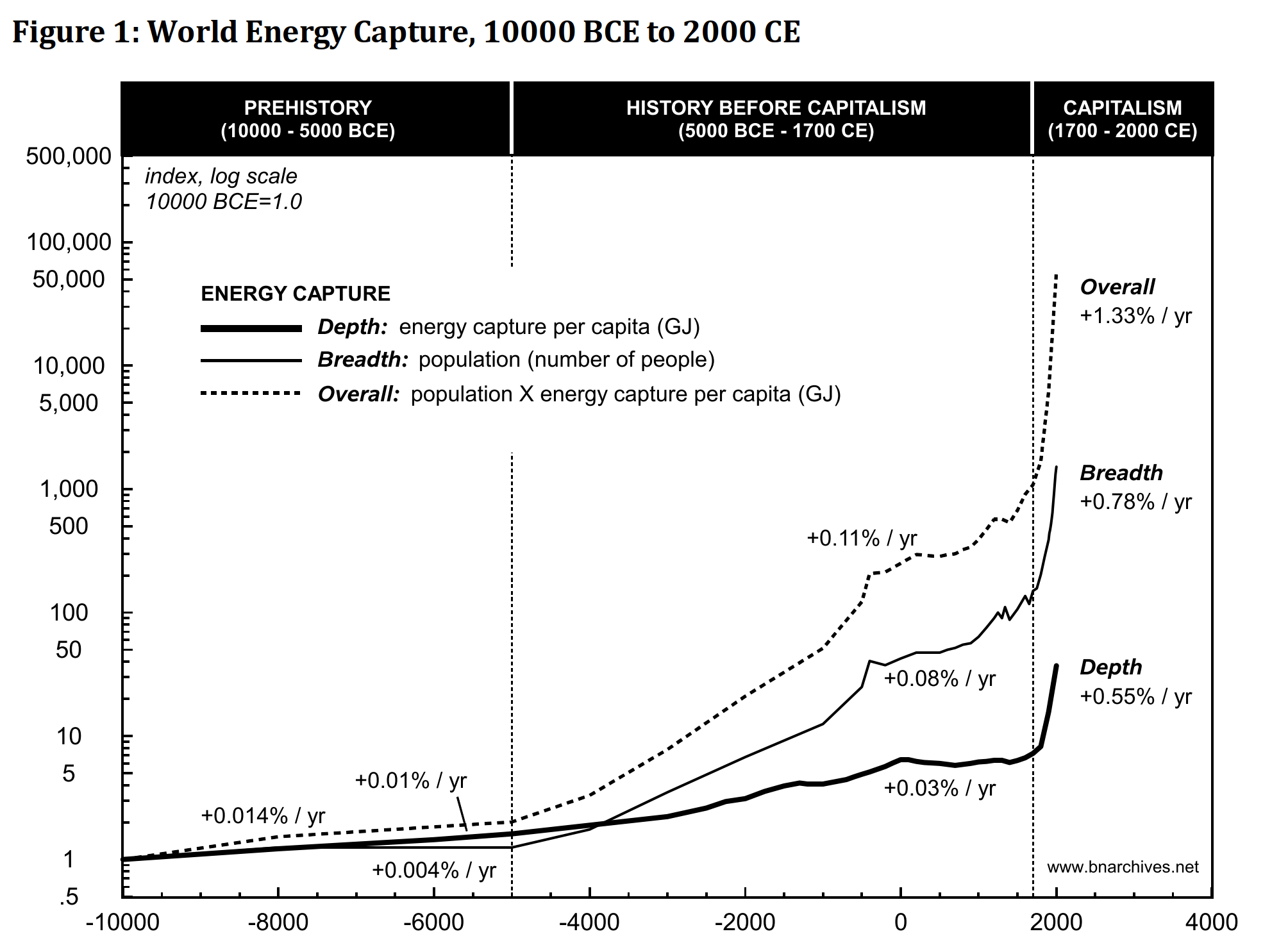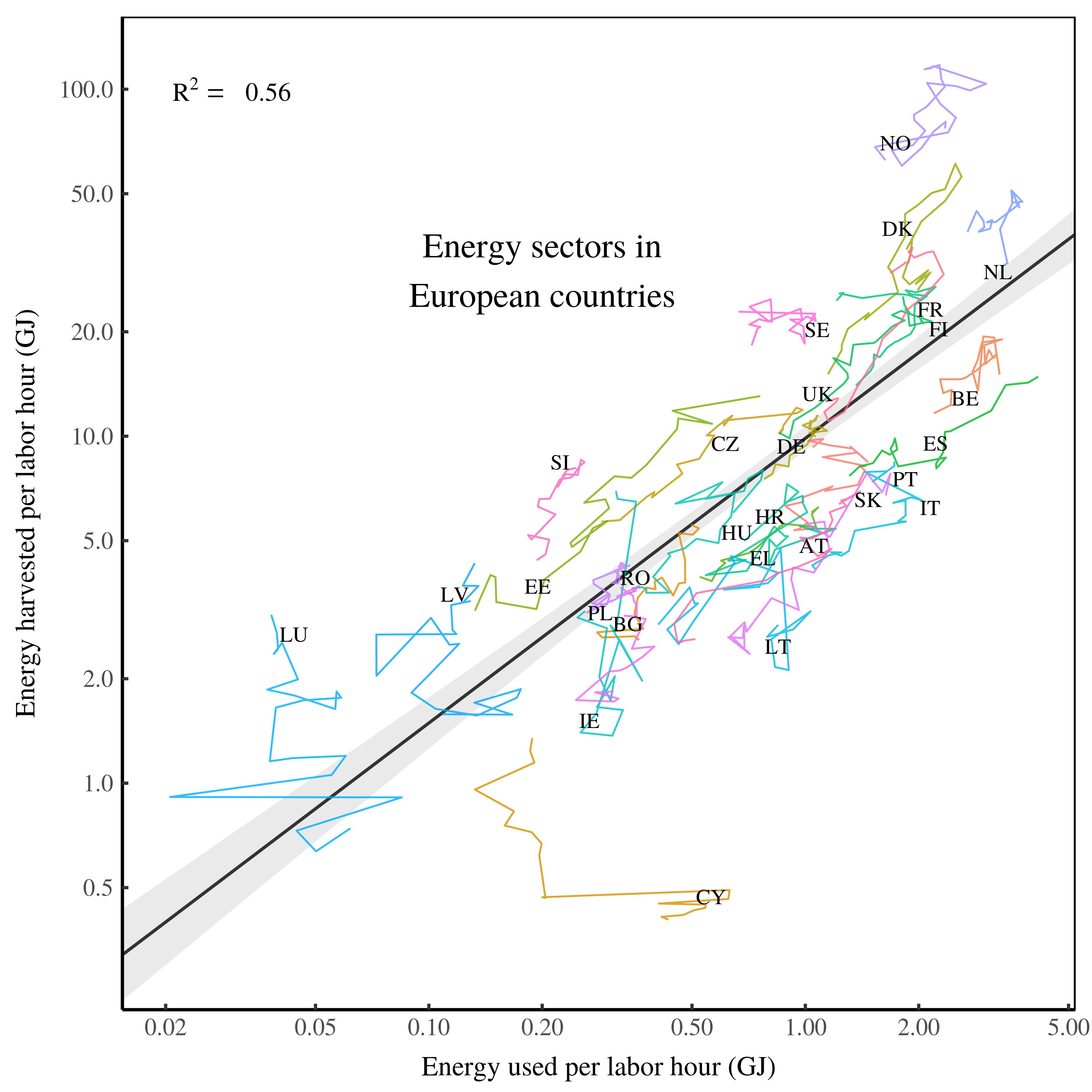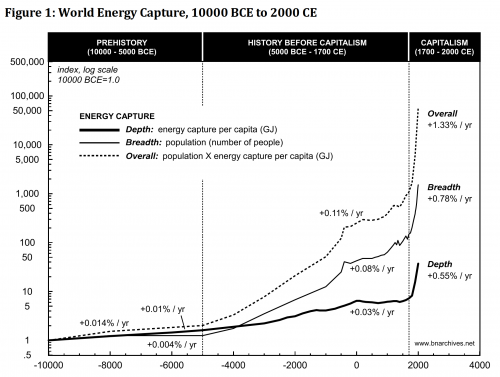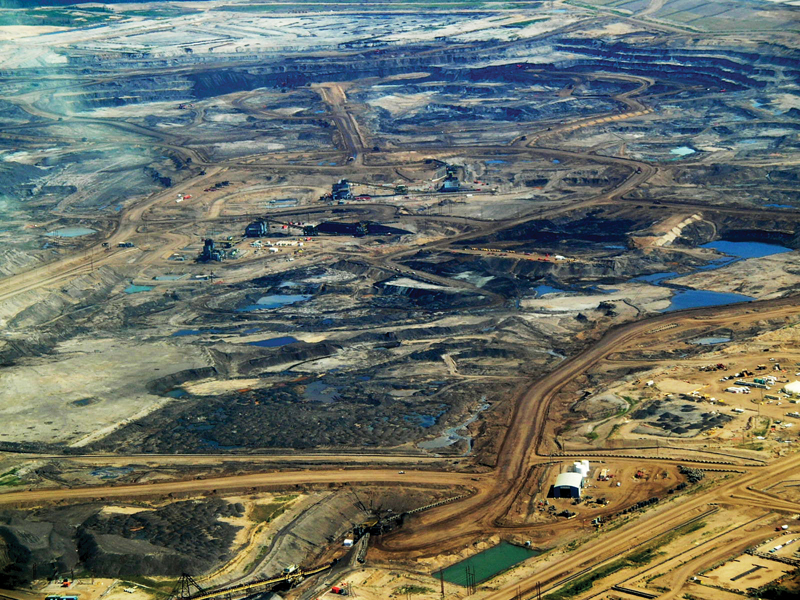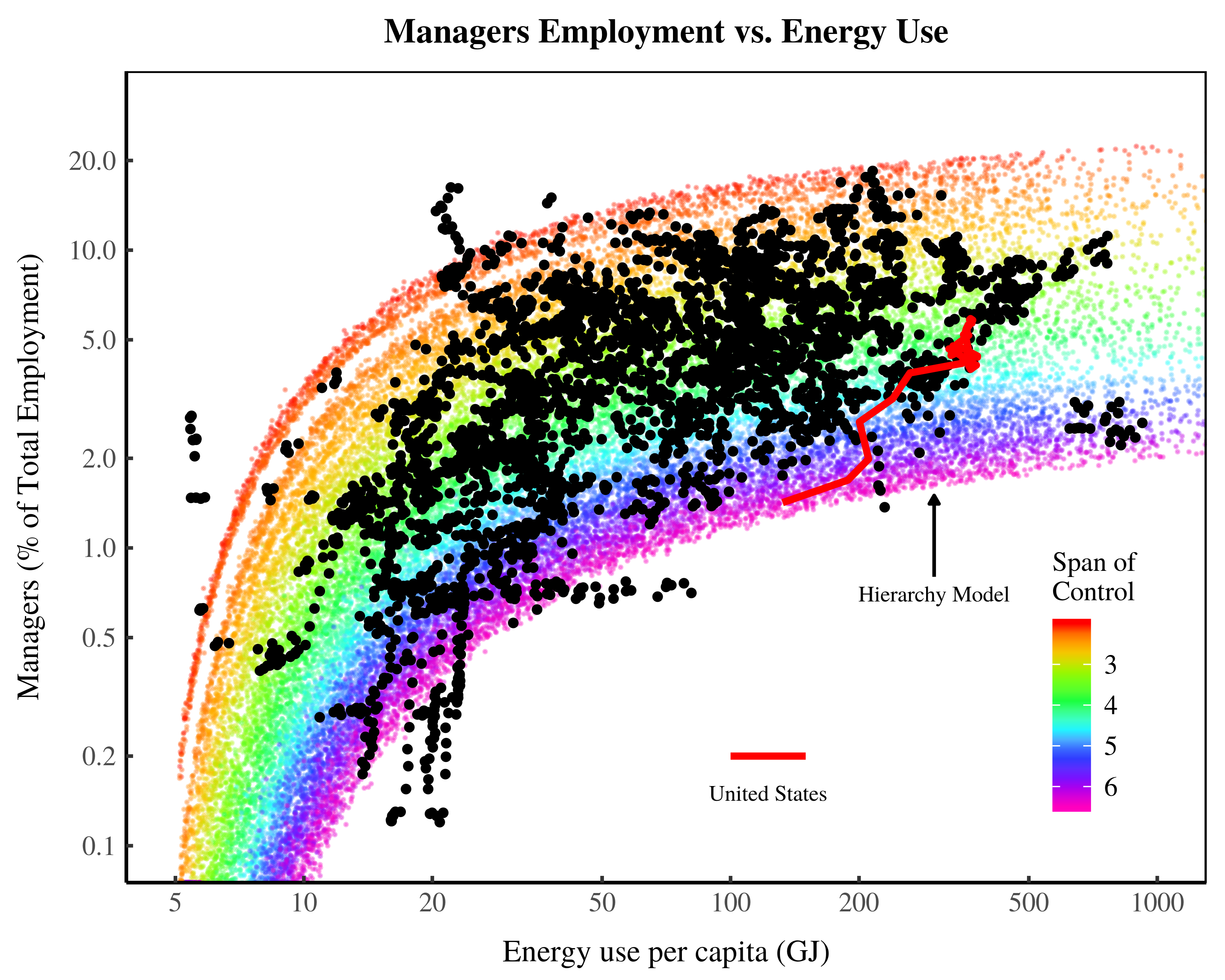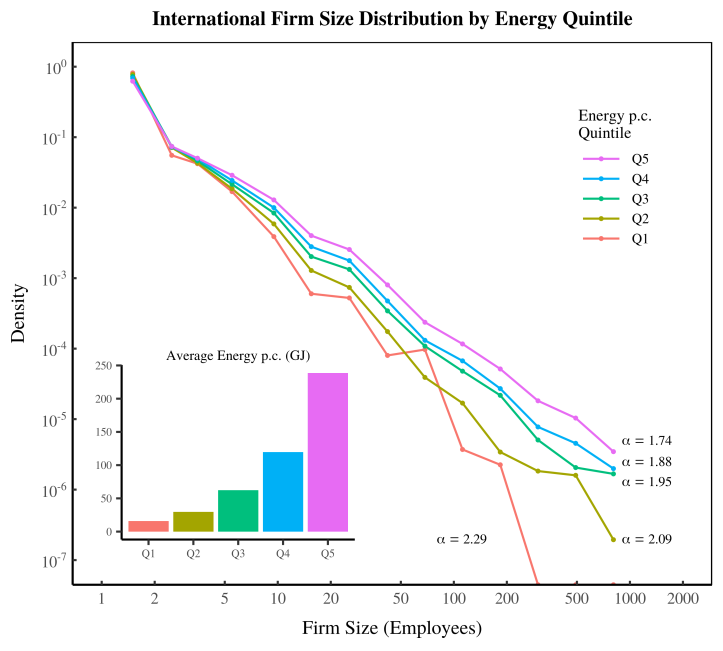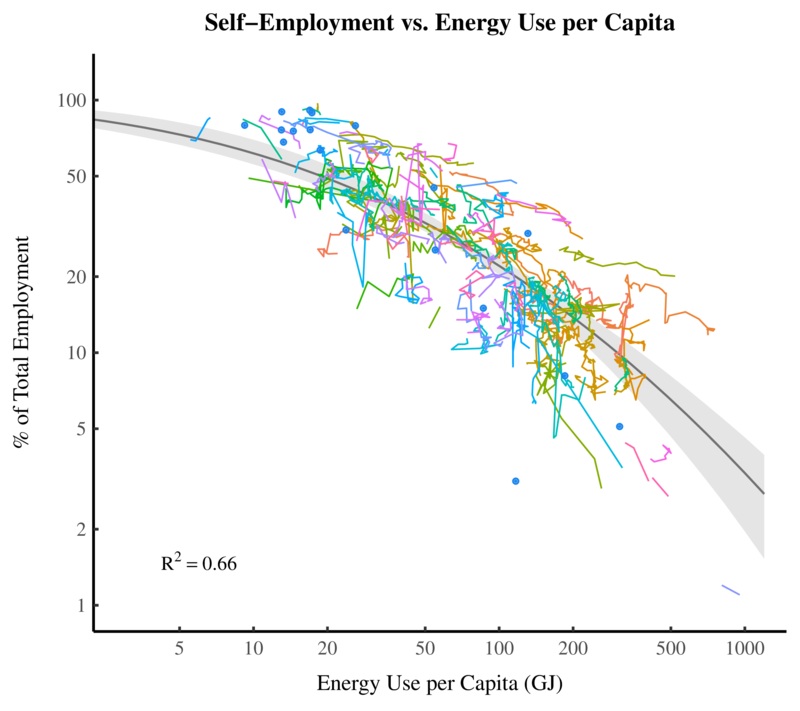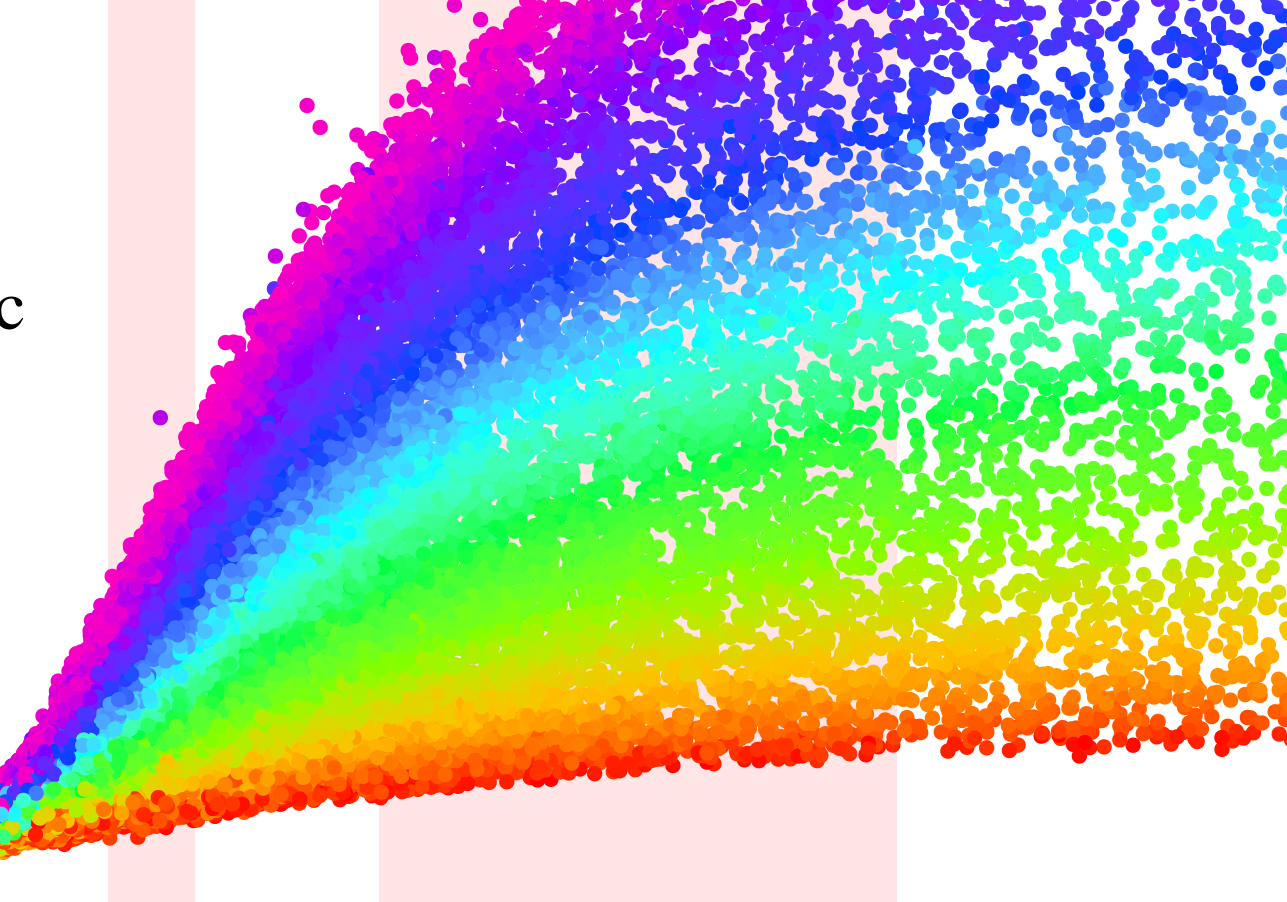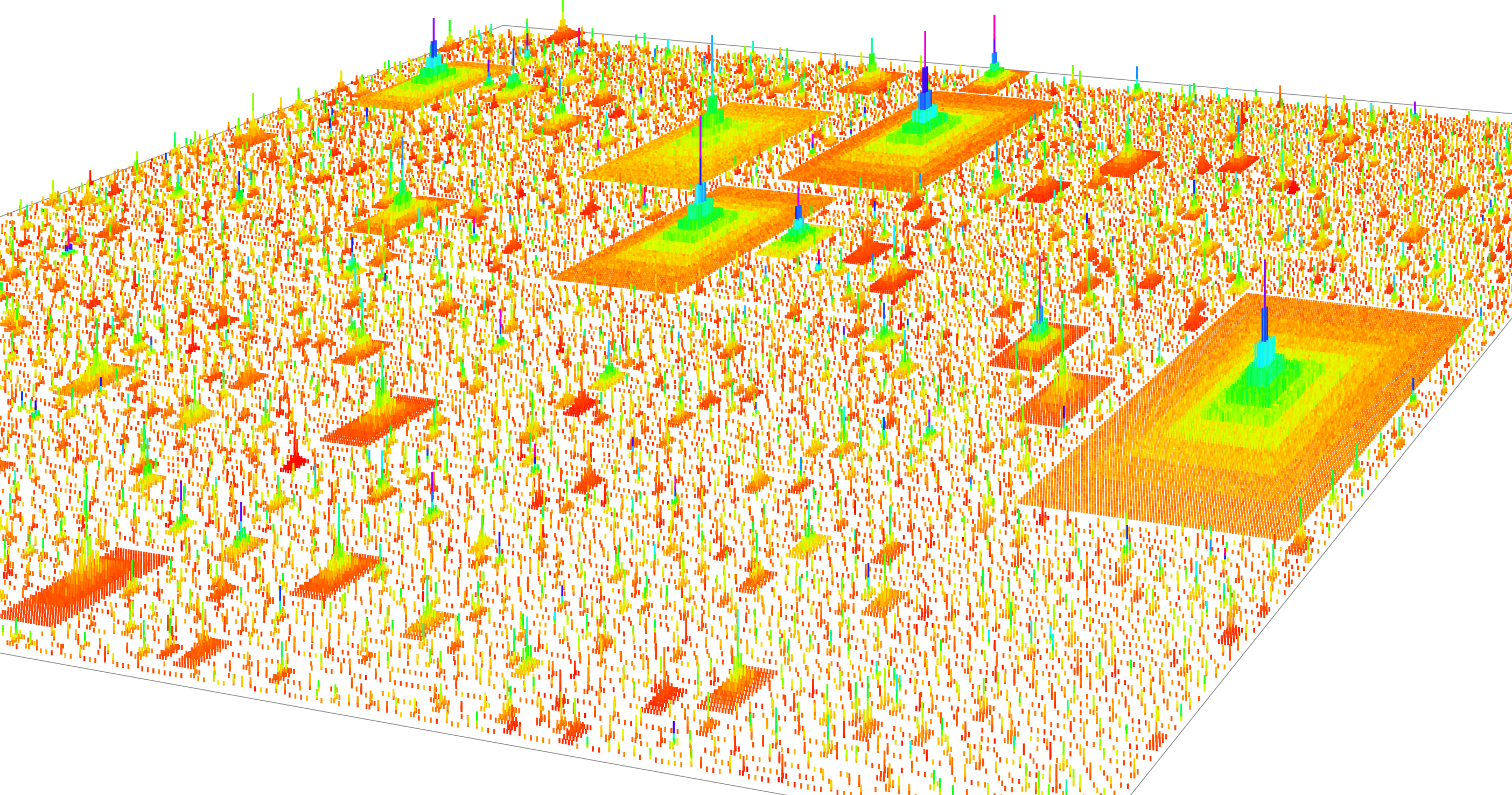Abstract As governments and corporations have intensified their efforts to locate, extract, and capitalise oil, gas, and various other biophysical materials, the world has simultaneously witnessed a proliferation of social resistance to these efforts. While taking many forms, such resistance, and concomitant ecological distribution conflicts (EDCs), are invariably motivated by a diverse range of objections […]
Continue ReadingDi Muzio & Dow, ‘Covid-19 and the Global Political Economy. Crises in the 21st Century’
Abstract Covid-19 and the Global Political Economy investigates and explores how far and in what ways the Covid-19 pandemic is challenging, restructuring, and perhaps remaking aspects of the global political economy. Since the 1970s, neoliberal capitalism has been the guiding principle of global development: fiscal discipline, privatisations, deregulation, the liberalisation of trade and investment regimes, […]
Continue ReadingNew Briefing – Drilling Down: UK Oil and Gas Financial Performance
Originally published at sbhager.com Sandy Brian Hager Joseph Baines and I have a new briefing with Common Wealth examining the financial performance of UK oil and gas producers and energy suppliers. Some of the key findings include: The two UK-headquartered supermajors – BP and Royal Dutch Shell – have remained profitable over the past decade, […]
Continue ReadingNew Report – Power Ahead: An Energy System Fit For The Future
Originally published at sbhager.com Sandy Brian Hager In a new briefing with Common Wealth, Miriam Brett, Joseph Baines and I examine ownership and financial data for the “Big Six” UK energy companies: Centrica (British Gas), EDF Energy, E.ON UK, NPower, Scottish Power and SSE. We found that: Privatisation since the late-1980s transferred wealth from the […]
Continue ReadingLucas, ‘Investigating networks of corporate influence on government decision-making: The case of Australia’s climate change and energy policies’
Abstract This paper argues that the ability of dominant corporations in the fossil fuel and other polluting industries to shape government policy on climate change and energy issues is directly related to their financial interests in particular countries, and emblematic of the crippling effect which they have exercised on the ability of nation states to […]
Continue ReadingWhy America Won’t Be ‘Great’ Again
Originally published on Economics from the Top Down Blair Fix They called him the ‘Little Emperor’. Romulus Augustus — better known as Romulus ‘Augustulus’ (‘Little Augustus’) — was the last Western Roman Emperor. He assumed the throne at the age of 16 during a period of unprecedented strife. There had been 8 emperors in the […]
Continue ReadingCan the World Get Along Without Natural Resources?
Originally published on Economics from the Top Down Blair Fix If it is very easy to substitute other factors for natural resources, then there is in principle no “problem”. The world can, in effect, get along without natural resources. — Robert Solow, 1974 In the distant future, aliens come to Earth. They find a planet […]
Continue Reading2021/02: Fix, ‘Living the good life in a non-growth world: Investigating the role of hierarchy’
Abstract Humanity’s most pressing need is to learn how to live within our planet’s boundaries — something that likely means doing without economic growth. How, then, can we create a non-growth society that is both just and equitable? I attempt to address this question by looking at an aspect of sustainability (and equity) that is […]
Continue ReadingWhat if the Government is Just Another Firm? (Part 2)
Originally published on Economics from the Top Down Blair Fix Governments are different than firms, right? Perhaps not. In Part 1 of this series, I argued that when it comes to size, governments behave like they’re ‘just another firm’. In this post, I’m going to extend the evidence. I’ll first show you that as economies […]
Continue ReadingBichler and Nitzan, ‘Growing Through Sabotage’
Growing Through Sabotage Energizing Hierarchical Power SHIMSHON BICHLER and JONATHAN NITZAN June 2020 Abstract According to the theory of capital as power, capitalism, like any other mode of power, is born through sabotage and lives in chains — and yet everywhere we look we see it grow and expand. What explains this apparent puzzle of […]
Continue Reading2020/05: Fix, ‘Can the World Get Along Without Natural Resources?’
Abstract Neoclassical economists fundamentally misunderstand the role of natural resources in the economy. I discuss here the source of this misunderstanding, and the ways we can better understand the role of energy to human societies. Citation Can the World Get Along Without Natural Resources? Fix, Blair. (2020). Working Papers on Capital as Power. No. 2020/05. […]
Continue ReadingBichler & Nitzan, ‘Growing through Sabotage: Energizing Hierarchical Power’
Abstract According to the theory of capital as power, capitalism, like any other mode of power, is born through sabotage and lives in chains – and yet everywhere we look we see it grow and expand. What explains this apparent puzzle of ‘growth in the midst of sabotage’? The answer, we argue, begins with the […]
Continue ReadingDow, ‘Canada’s Carbon Capitalism: In the Age of Climate Change’
Abstract This historically and critically informed dissertation investigates the question why Canada has become one of the world’s leaders in promoting fossil fuels through its unconventional hydrocarbon industry in spite of the science and growing awareness of climate change. Using a critical historical political economy approach that encompasses both ecological or biophysical scientific realities and […]
Continue ReadingThe Growth of Hierarchy and the Death of the Free Market
Originally published on Economics from the Top Down Blair Fix Do you believe in free markets? Do you think that unfettered competition is the best way to organize society? If so, this post is intended to shake your faith. No, I’m not going to argue that free markets are bad. Instead, I’m going to show […]
Continue ReadingEnergy and the Size Distribution of Firms
Originally published on Economics from the Top Down Blair Fix In this post, I’m going to return to the relation between energy and institution size. When we left off last time (in Groping in the Dark), I had described my struggle to understand how the size of firms and governments changes with energy use. It […]
Continue ReadingGroping in the Dark: The Untold Side of Research
Originally published on Economics from the Top Down Blair Fix There is an exciting side of blogging that I want to explore here. Blogging can tell the story behind research. This is something you don’t get in journals. Most scientific articles obey a formula that goes like this: Here is the question I asked. Here […]
Continue ReadingFix, ‘Energy, Hierarchy and the Origin of Inequality’
Abstract Where should we look to understand the origin of inequality? I propose an unusual window of evidence — modern societies. I hypothesize that evidence for the origin of inequality is encoded in the institutional structure of industrial societies. To test this idea, I use a model to project modern trends into the past. This […]
Continue Reading2018/09: Fix, ‘Energy, Hierarchy and the Origin of Inequality’
Abstract Where should we look to understand the origin of inequality? Most research focuses on three windows of evidence: (1) the archaeological record; (2) existing traditional societies; and (3) the historical record. I propose a fourth window of evidence — modern society itself. I hypothesize that we can infer the origin of inequality from the […]
Continue ReadingThe CasP Project Past, Present, Future
The CasP Project Past, Present and Future SHIMSHON BICHLER and JONATHAN NITZAN April 2018 Abstract The study of capital as power (CasP) began when we were students in the 1980s and has since expanded into a broader project involving a growing number of researchers and new areas of inquiry. This paper provides a bird’s-eye view […]
Continue ReadingFix, ‘Economics from the Top Down: Does Hierarchy Unify Economic Theory?’
Abstract What is the unit of analysis in economics? The prevailing orthodoxy in mainstream economic theory is that the individual is the ‘ultimate’ unit of analysis. The implicit goal of mainstream economics is to root macro-level social structure in the micro-level actions of individuals. But there is a simple problem with this approach: our knowledge […]
Continue Reading
